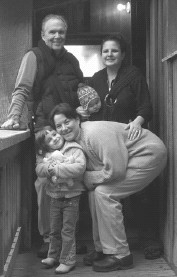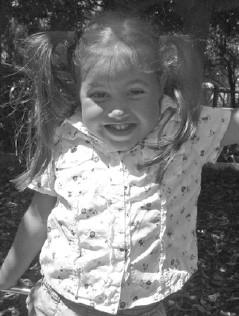By Traci Singree, leader of API of Stark County, Ohio
**Originally published in the Spring 2007 annual New Baby issue of The Journal of API
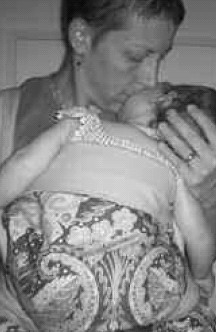
Before my children, I was career driven, working in retail management, which meant no family time at holiday or summer get-togethers because I was always working! And I loved it! I met my husband right out of college. We were together for about five years before we got married. In 1995, we were wed. I continued my course of 12-hour days, sometimes 6-day work weeks, and I was having a blast working in the fast-paced field of fashion retail.
About five years later, my husband and I were starting to get that something’s missing feeling, having done all the things we wanted to do. We found ourselves sitting around the house looking at each other on weekends saying, “What do you want to do?” round and round until we decided that maybe that something missing was a baby!
It took us nearly a year to conceive our first-born. We discovered I was pregnant the day of my first fertility appointment. My only knowledge of pregnancy came from what I had heard from my mother or from fellow co-workers with children. I never really researched anything to do with birthing or babies until late in my pregnancy. Continue reading Traci’s Story: Developing an Appreciation for Bottle-feeding
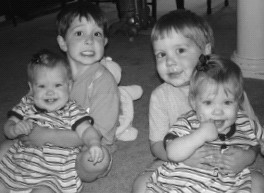
 According to an article on the United Arab Emirates’ TheNational.ae, “More than Sadness,” the rate of children with depression in the UAE is on the rise.
According to an article on the United Arab Emirates’ TheNational.ae, “More than Sadness,” the rate of children with depression in the UAE is on the rise.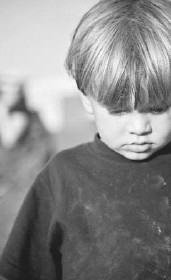 The typical scenario of a young married couple adopting an infant from birth has changed dramatically and has been redefined. Historically, a traditional adoption was defined as a healthy infant placed with an infertile, middle-class white couple.
The typical scenario of a young married couple adopting an infant from birth has changed dramatically and has been redefined. Historically, a traditional adoption was defined as a healthy infant placed with an infertile, middle-class white couple. I don’t know why, as adults, we think we know everything. Maybe we just automatically subscribe to the theory that as we get older, we get wiser. What I think actually happens is we become more jaded, and we mistake that for knowledge. I think we all agree that age does not teach us. Experience does. That’s why some of my most powerful learning experiences have come from folks far younger than me – but wise beyond their years.
I don’t know why, as adults, we think we know everything. Maybe we just automatically subscribe to the theory that as we get older, we get wiser. What I think actually happens is we become more jaded, and we mistake that for knowledge. I think we all agree that age does not teach us. Experience does. That’s why some of my most powerful learning experiences have come from folks far younger than me – but wise beyond their years.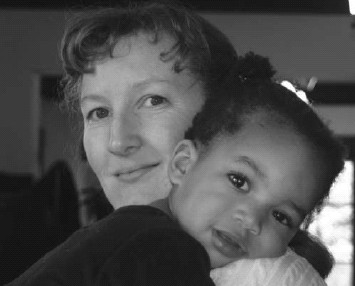
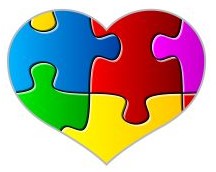 The Sturgis (Mich.) Journal has published an article, “Ideology Gives Way to Nurturing for Adoptive Parents,” on November 26, 2008, that features a couple who have fully embraced Attachment Parenting during their last 36 years of foster parenting.
The Sturgis (Mich.) Journal has published an article, “Ideology Gives Way to Nurturing for Adoptive Parents,” on November 26, 2008, that features a couple who have fully embraced Attachment Parenting during their last 36 years of foster parenting.